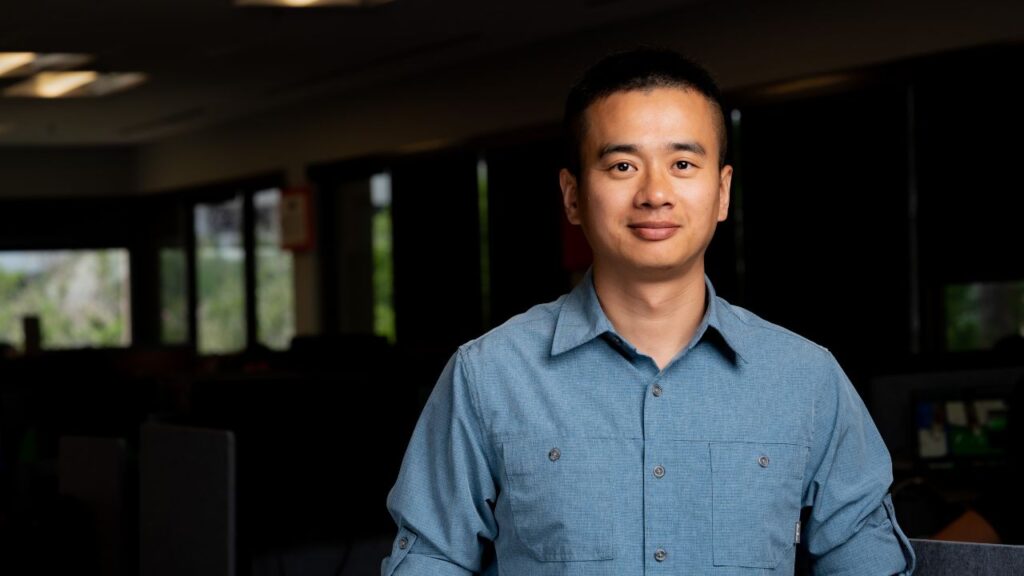1. What’s your leadership mantra in the fast-evolving tech landscape?
In the rapidly changing tech/mobile world, change is the only constant. My leadership philosophy is to embrace and lead change through bold foresight and innovation. We focus on challenging the status quo, pushing our limits, and putting users at the core.
This year is significant: OnePlus celebrates its 12th anniversary, and it also marks my second year leading in India. Under my leadership, we are launching the OnePlus 13s, our first compact flagship. This product is a strong testament to our commitment to innovation and breaking new ground.
2. In an era of AI and automation, how do you see the role of human leadership evolving?
In the AI and automation era, human leadership will focus on some key areas, in my view:
Creative Vision and Purpose-Driven Innovation: While AI can optimise existing processes, human leaders are the architects of creative vision.
Human-Centric Collaboration: The role of leaders is to harmonise human and AI capabilities. They identify which tasks—like data analysis—can be augmented by AI, while ensuring humans focus on high-value work such as stakeholder engagement.
Lifelong Learning and Adaptability: Leaders in the AI era must embrace continuous learning. They need to understand AI’s capabilities to make informed decisions.
3. What’s a mistake you see many young tech entrepreneurs making?
Focusing intensely on their cool solution before truly understanding the problem and the users’ real pain points. They build something cool because they can, not because it solves a genuine issue. The core principle is “Listen to users and study pain points before innovating.” Don’t love your idea until it solves a real problem. Even at OnePlus, this principle is fundamental – we actively involve our core community, identifying pain points together, and their feedback directly shapes the products we co-create.
4. How do you handle failure, and how do you encourage a failure-friendly culture
Failures are a part of the journey and the process, but what truly matters is how you resurface and bring those learnings in your next attempt. See, it takes courage to err. It takes courage to accept failure. And it takes even more vigour to try again while giving your 100 percent.
5. What’s the next big disruption you foresee in the tech industry?
Technology as an industry is ever-evolving, with new innovations to make the lives of users simpler and more . While AI is already disrupting the segment, I foresee that more evolved and meaningful AI integrations in smartphones will take precedence
At our company, we are actively investing in developing AI technologies that enhance user experience in many ways possible. Our vision envisions a future where everyone has their own personal intelligence.


